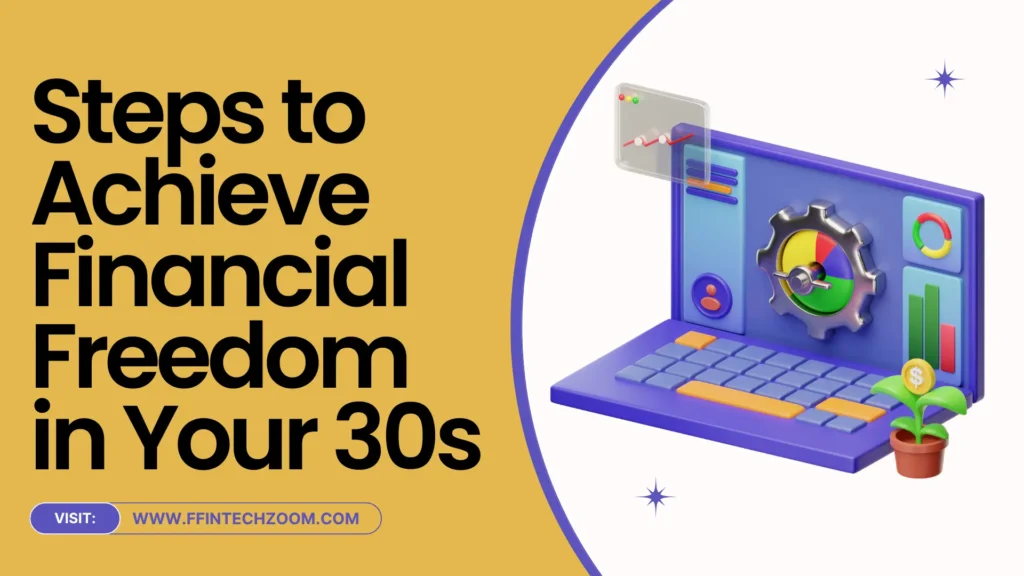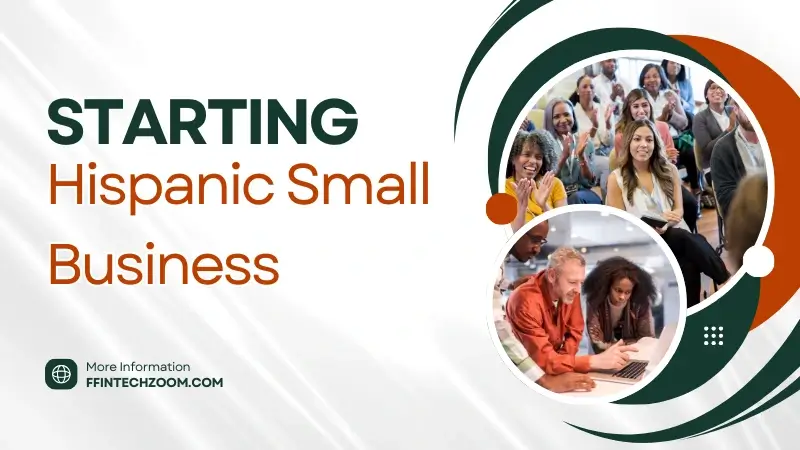Steps to Achieve Financial Freedom in Your 30s
Achieving financial freedom by your 30s may seem like an ambitious goal, but it’s not impossible. With the right strategies, smart decision-making, and discipline, you can set yourself on a path to financial independence earlier than expected. In this blog, we’ll walk you through the essential steps to help you gain financial freedom, including how to start investing, manage debt, and plan for your future.

1. Start by Creating a Financial Plan
The foundation of any successful financial journey is a solid plan. The earlier you create a financial plan, the better your chances of achieving financial freedom. Start by setting clear, measurable goals for the next 10, 15, or 20 years.
Tips for a Financial Plan:
- Define your financial goals: What does financial freedom look like to you? Is it owning a home, having enough savings for travel, or retiring early?
- Track your income and expenses: Understand where your money is going each month to identify areas where you can save.
- Plan for both short-term and long-term goals: Think about emergency funds, debt repayment, retirement savings, and investments.
2. Open a Demat Account and Start Investing
To build wealth, investing in the stock market is essential. One of the best ways to start investing in your 30s is to open demat account. This account will hold your investments in shares, mutual funds, ETFs, and other assets electronically. It’s a crucial step for anyone looking to enter the world of stock market investing. Enhance your understanding by reading our in-depth post on Importance of Financial Education for Employees.
How to Open a Demat Account:
- Choose a reliable broker with low fees and easy access to various financial products.
- Provide required documents like PAN card, address proof, and bank details.
- Start with small, consistent investments and gradually increase them as your financial situation improves.
Once your demat account is open, consider starting with diversified investments such as stocks, index funds, or ETFs, which provide a mix of growth and security. For beginners, investing in mutual funds or low-cost ETFs can be a less risky option that still allows you to build wealth over time.
3. Build an Emergency Fund
Having an emergency fund is one of the first steps to achieving financial freedom. This fund is essential for covering unexpected expenses like medical bills, car repairs, or job loss. Ideally, your emergency fund should cover 3-6 months of living expenses, providing you with a safety net when life throws you a curveball.
Tips for Building an Emergency Fund:
- Set up a separate savings account for emergencies.
- Automate your savings so you contribute regularly.
- Start small—save ₹2,000 or ₹5,000 per month and gradually increase as you earn more.
4. Pay Off High-Interest Debt
Debt, especially high-interest debt, is one of the biggest barriers to achieving financial freedom. Credit card debt, personal loans, and payday loans can quickly spiral out of control if not managed properly. In your 30s, it’s crucial to focus on paying off debt quickly to free up more money for savings and investments.
Debt Repayment Strategies:
- Use the debt avalanche method: Pay off high-interest debts first, saving you money on interest in the long run.
- Consider debt consolidation if you have multiple high-interest debts.
- Avoid accumulating more debt by living within your means and using credit cards responsibly.
5. Focus on Retirement Planning
Retirement planning isn’t just for older adults. In fact, the earlier you start, the better. By beginning your retirement planning in your 30s, you can take full advantage of the power of compound interest and long-term growth. Find valuable tips and strategies in our article about Boost Personal Loan Approval.
Steps to Plan for Retirement:
- Contribute to retirement accounts like EPF, PPF, or NPS if you’re in India, or 401(k) and IRAs in other countries.
- Aim to contribute at least 15% of your income toward retirement savings.
- Consider consulting a financial advisor to ensure you’re on track.
6. Build Multiple Streams of Income
Relying solely on a paycheck may not be enough to achieve financial freedom. To accelerate your wealth-building process, consider creating multiple streams of income. This could include side jobs, freelancing, investing in real estate, or even starting a small business.
Ideas for Additional Income:
- Start an online business, such as e-commerce or content creation.
- Invest in dividend-paying stocks or rental properties.
- Monetize your skills through consulting or teaching.
Having multiple sources of income can help you reach your financial goals faster and provide a safety net in case one income stream falls short.
7. Stay Disciplined and Track Your Progress
Discipline is essential to achieving financial freedom. It’s easy to get sidetracked by lifestyle inflation or impulse purchases, but staying focused on your goals will help you stay on track.
Tips for Staying Disciplined:
- Set monthly or quarterly financial goals and track your progress.
- Use a budget and avoid overspending.
- Reinvest dividends, bonuses, and tax returns into your investments.
8. Use a Paper Trading App to Practice
If you’re new to investing or want to improve your skills, using a best paper trading app can be a great way to practice without risking real money. Paper trading apps simulate real-market conditions, allowing you to practice buying and selling stocks, managing portfolios, and understanding market trends.
Benefits of Using a Paper Trading App:
- Risk-free practice with virtual money.
- Improve your knowledge of stock trading and market behavior.
- Gain confidence before transitioning to real investments.
There are many paper trading platforms available that replicate real stock market conditions, so you can learn how to make decisions with no financial risk. Once you gain enough confidence, you can move on to trading with real funds in your demat account.
9. Invest in Your Skills and Education
While financial independence is often seen through the lens of money, investing in yourself is just as important. By upgrading your skills or pursuing further education, you can increase your earning potential and open doors to new opportunities.
Ways to Invest in Yourself:
- Take online courses or attend workshops related to your career or passions.
- Read books and articles to expand your knowledge of personal finance.
- Learn new skills that can help you earn extra income or progress in your career.
Conclusion
Achieving financial freedom in your 30s is entirely possible with the right mindset and strategies. Start by opening a demat account to invest in stocks, building an emergency fund, and focusing on paying off debt. Consistency and discipline are crucial and don’t forget to track your progress regularly. By making smart financial choices now, you can set yourself up for a future of wealth, security, and independence. You can visit Fintechzoom.com for more trending posts.



